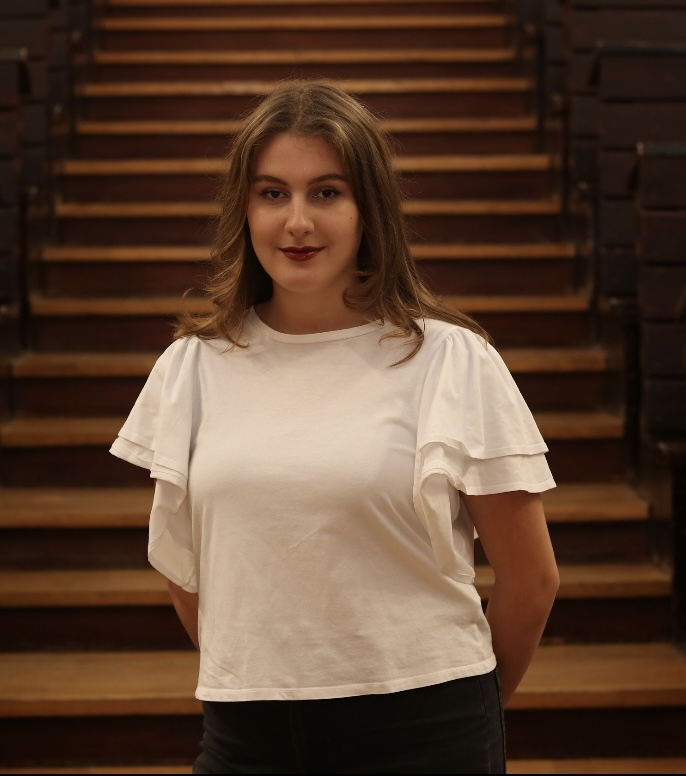People
Faculty
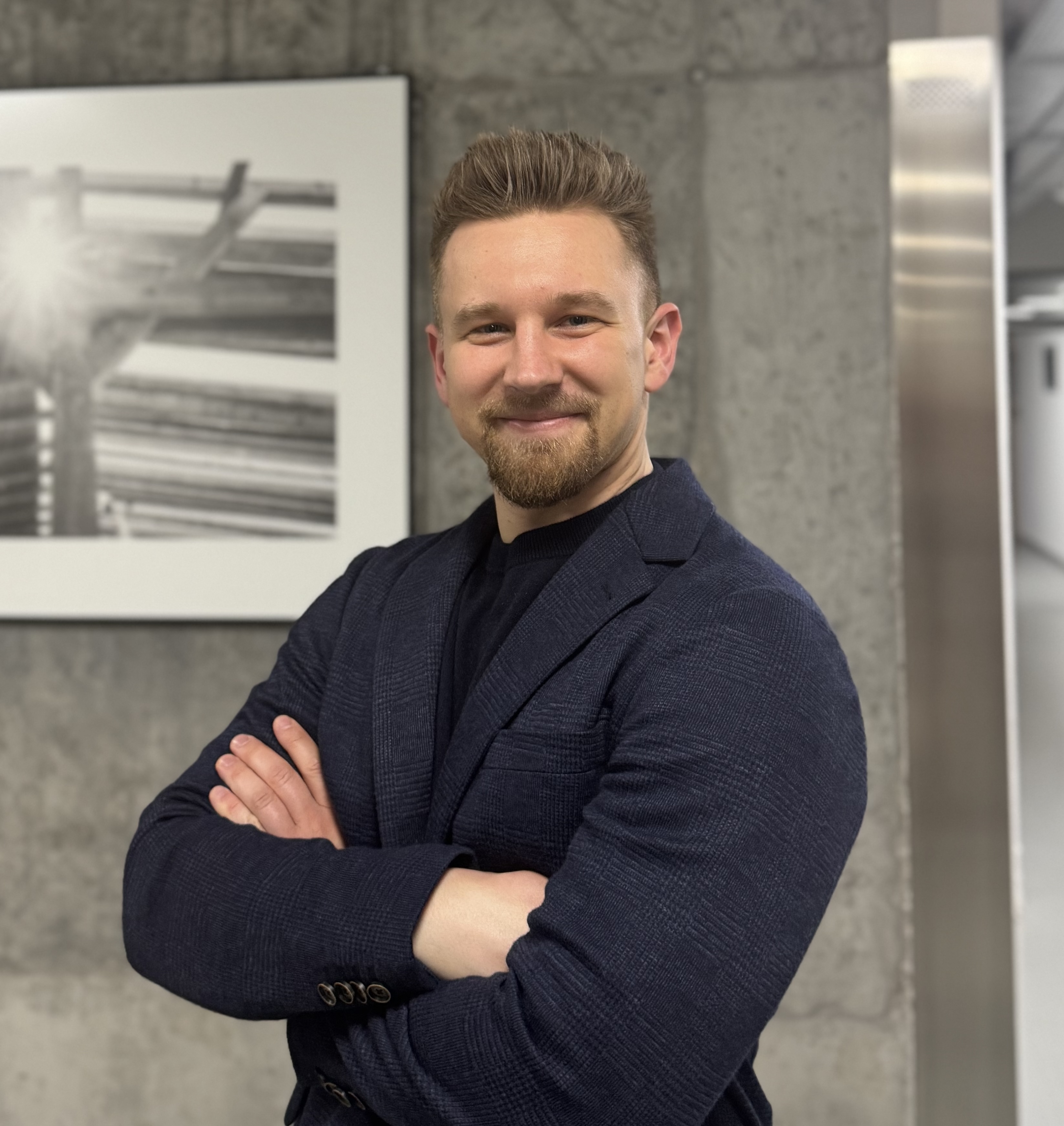
Igor Gontarz, PhD
Igor Gontarz is a lecturer at the Adam Mickiewicz University in Poznań. His scientific research focuses on the right to information and the automation of public administration. Member of research projects devoted to digitalisation of judiciary, algorithms, and criminal procedure.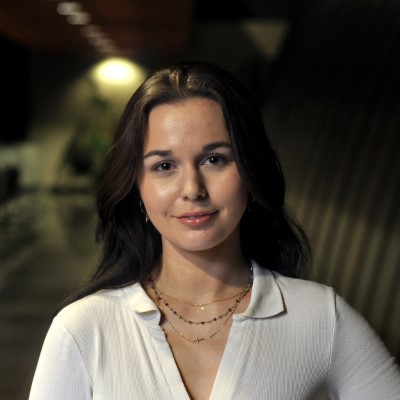
Paulina Klisowska
Paulina Klisowska is a graduate at the Faculty of Law and Administration (of AMU). She holds a Master’s degree in European Law and is a fifth year Law student. She has carried out research on the protection of minor users of social media and was a speaker at the webinar organized under the Jean Monnet Chair Digital Single Market and the Free Flow of Information (dig_INFlow). Her academic interests are focused on the functioning of the artificial intelligence algorithms and their impact on privacy and personal data protection.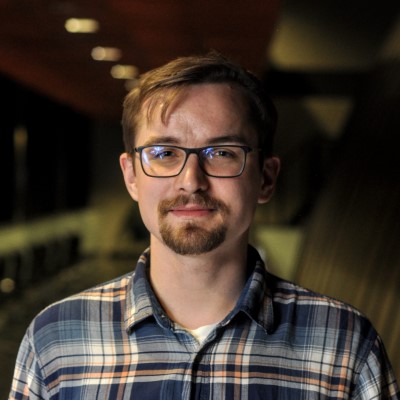
Krzysztof Jeromin
Krzysztof Jeromin is a graduate student in European Law and currently a student of Business Management and Law at at the Adam Mickiewicz University. He led an individual research project on access to encrypted data in information exchange services which resulted in a post published on Medium as part of the Free FLow series created under the aegis of the Jean Monnet Dig_INFlow Chair, and active participation in the “LAITECH2024 Student Conference The Law, Ethics and Policies of AI and Future Technologies” organized by ILSA TalTech in Estonia. His research interests focus on the impact of new technologies on fundamental rights. He participated in and helped organize the previous edition of SICSS-AMU/Law 2024, which allowed him to fall in love with the idea of SICSS.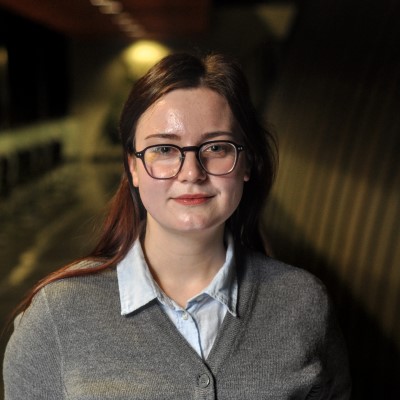
Weronika Łomako
Weronika Łomako is a first-year student of the Master's degree in Business Management and Law at Adam Mickiewicz University in Poznań. Her academic interests are mainly in consumer protection of online platforms, distance contracts and compliance. She is interested in the use of AI in everyday life and research.
Łukasz Szoszkiewicz, PhD
Lukasz Szoszkiewicz is an Assistant Professor at Adam Mickiewicz University, Data Coordinator within the UN Global Study on Children Deprived of Liberty. A former participant of SICSS-Law 2021 (Maastricht University) and SICSS-AMU/Law organizer in 2022. His research interests include international protection of human rights and data science. Knows basics of Python and has advanced knowledge of SPSS.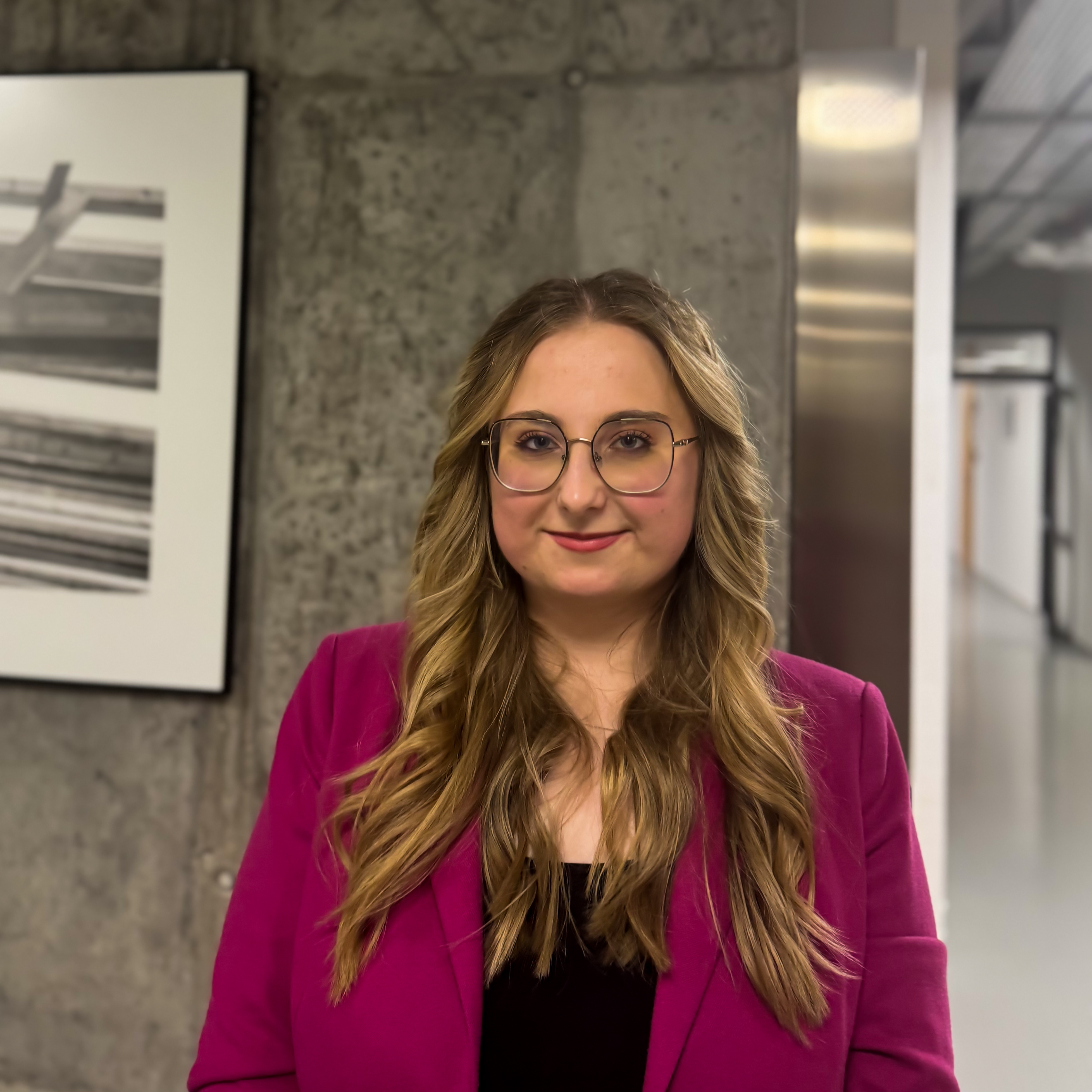
Anna Przybylska
Anna Przybylska is a fourth-year Law student at the Faculty of Law and Administration at Adam Mickiewicz University in Poznań. She holds a Master’s degree in Management and Business Law as well as a Bachelor’s degree in European Law. Her academic interests are focused on the application of artificial intelligence in political marketing and its impact on the state of modern democracy.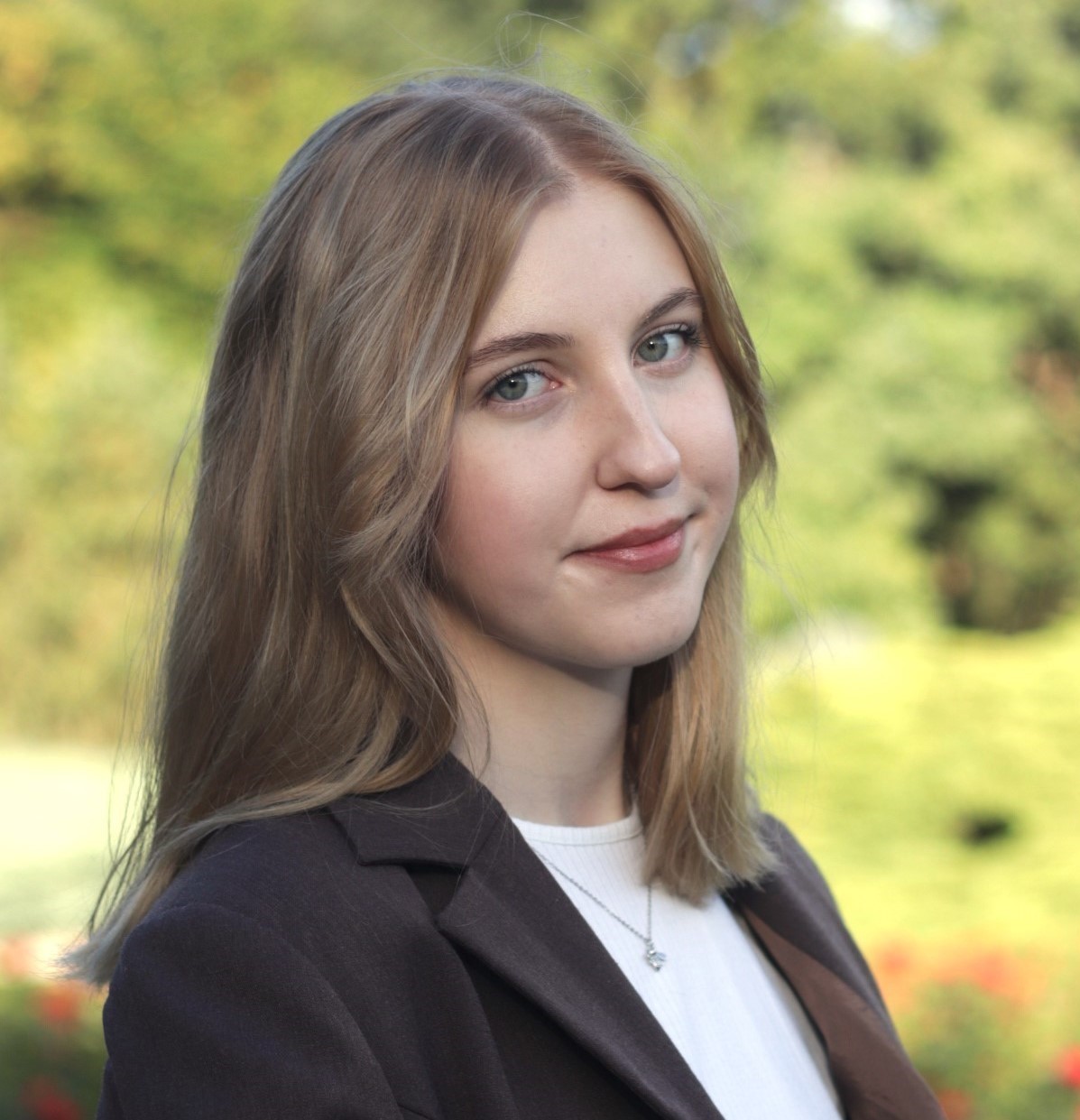
Zuzanna Duszyńska
Zuzanna Duszyńska is a Master's student in Management and Business Law at Adam Mickiewicz University in Poznań and a graduate of European Law at the same institution. Her academic interests and research focus on American law, management in the IT sector, and cybersecurity regulations.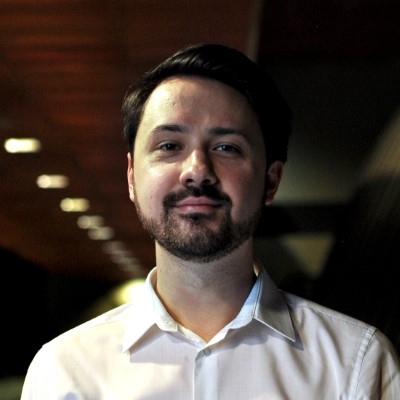
Wojciech Biernacki
Wojciech Biernacki is an extramural PhD researcher and cooperator at the European Law Chair at the Faculty of Law and Administration at the Adam Mickiewicz University in Poznań, and an attorney’s assistant. In his research, he focuses on intellectual property rights, mostly copyright, and issues related to data processing and data ownership. He is familiar with the basics of Python, PHP, and MySQL databases.Speakers
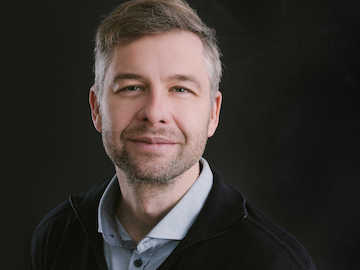
David Reichel
Dr. David Reichel is the Head of the Data and Digital Sector at the European Union Agency for Fundamental Rights (FRA). The Data and Digital Sector, within the Justice, Digital and Migration Unit, hosts most of FRA’s work on artificial intelligence (AI), data protection and online content moderation. David coordinated and co-authored several FRA reports on AI, including the reports on AI and fundamental rights, Getting the future right and Bias in algorithms, as well as on Online content moderation. Prior to joining FRA in 2014, he worked for the research department of the International Centre for Migration Policy Development (ICMPD). He has been teaching for several years at the University of Vienna and other universities. He has published numerous articles, working papers and book chapters on issues related to migration statistics, citizenship and human rights.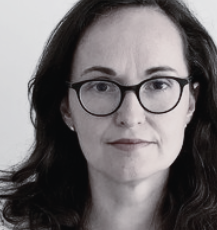
Łucja Biel
Professor Biel is an Associate Professor at the Institute of Applied Linguistics, University of Warsaw, where she leads the EUMultilingua Research Team. She is a renowned expert in corpus linguistics, legal translation, and specialized translation, with a strong focus on EU legal language and terminology. Her research explores the intersection of law and linguistics, contributing to a deeper understanding of how legal texts are translated and interpreted across different jurisdictions. Beyond her academic work, Professor Biel is actively involved in shaping the field through editorial roles. She is the Editor-in-Chief of "The Journal of Specialised Translation" and serves on the Editorial Board of "Translation & Interpreting Studies for Open Science". Her contributions have significantly influenced both research and practice in legal translation.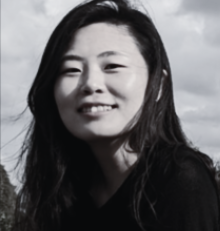
Hyebin Bina Jeon
Bina is a Programme Officer at HURIDOCS (Human Rights Information and Documentation Systems), an NGO dedicated to helping human rights groups gather, organize, and use information to create positive change. Since 1982, HURIDOCS has developed tools and methodologies that empower defenders to manage and analyze evidence, law, and research - turning information into a force for good. With a passion for technology and human rights, Bina provides training on data modeling, user-friendly database configuration, and evidence-driven analysis for organizations worldwide. Her expertise spans roles at the Geneva Centre for Security Policy, the Korean Ministry of Foreign Affairs, and the Committee for Human Rights in North Korea. She has also conducted research on satellite technology for human rights documentation.
Merel Zoet (Bellingcat)
Merel Zoet OSINT researcher at Bellingcat, with expertise in data verification, online investigations, and fact-checking. She specializes in uncovering disinformation, analyzing online extremism, and using technology to verify real-world events.
Foeke Postma (Bellingcat)
Foeke Postma OSINT specialist and investigator at Bellingcat, focusing on digital forensics, geolocation, and military intelligence. His work has exposed security vulnerabilities, tracked conflicts, and uncovered human rights violations using open-source methodologies.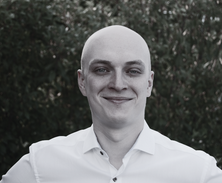
Michal Ovádek
Dr Ovádek is a Lecturer in European Institutions, Politics, and Policy at University College London (UCL). His research focuses on the interaction between law and politics in the European Union, particularly in the judicial and legislative areas. He has made significant contributions to the study of the Court of Justice of the European Union and has published extensively on topics related to European integration, judicial politics, and regional politics in Central and Eastern Europe. Dr Ovádek actively integrates developments in statistics and quantitative text analysis to uncover patterns and insights within complex datasets. His work involves creating data visualizations and tools that enhance the understanding of political and legal phenomena. By leveraging these methodologies, Dr Ovádek provides a nuanced and data-driven perspective on the interplay between law and politics within the European Union, contributing significantly to the field of social sciences.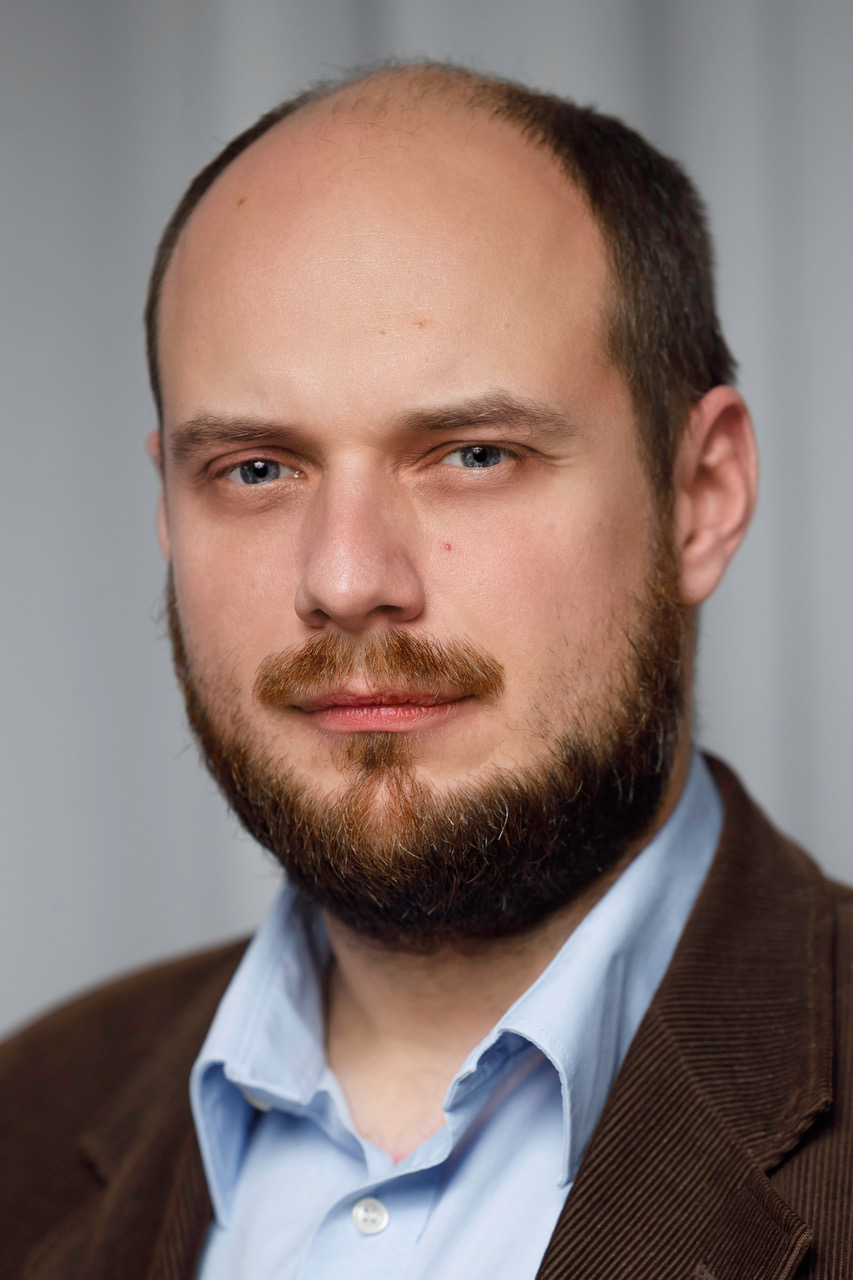
Jakub Jaraczewski
Jakub Jaraczewski is a Research Coordinator at Democracy Reporting International, a Berlin-based NGO committed to promoting democracy and the rule of law worldwide. His research focuses on the crisis and recovery of the rule of law in Central and Eastern Europe. Under the re: constitution programme, he collaborates with journalists and policymakers to improve public debate on the rule of law within the European Union. His insights have appeared in leading media outlets such as The New York Times, The Guardian, The Economist, Politico, Euronews, and other significant European and global publications. Jakub holds a magister (M.A.) degree in law from Adam Mickiewicz University in Poznań, Poland, where he previously taught human rights and constitutional law and worked on several research projects.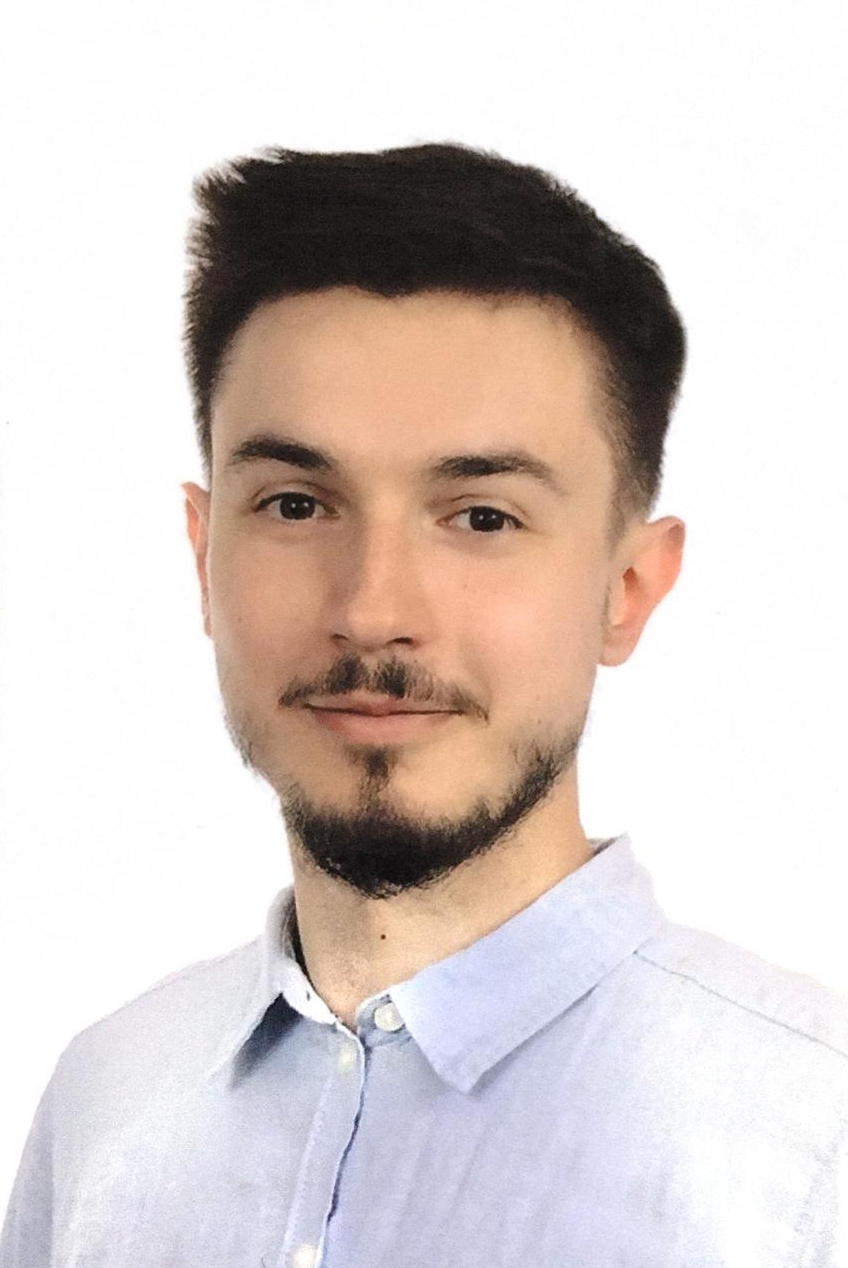
Mikołaj Ryśkiewicz (special speaker)
Mikołaj Ryśkiewicz – PhD student in empirical jurisprudence at the University of Warsaw. His research focuses on quantitative analysis of legislation and exploring methods for measuring its quality using machine learning and natural language processing (NLP).Teaching Assistants
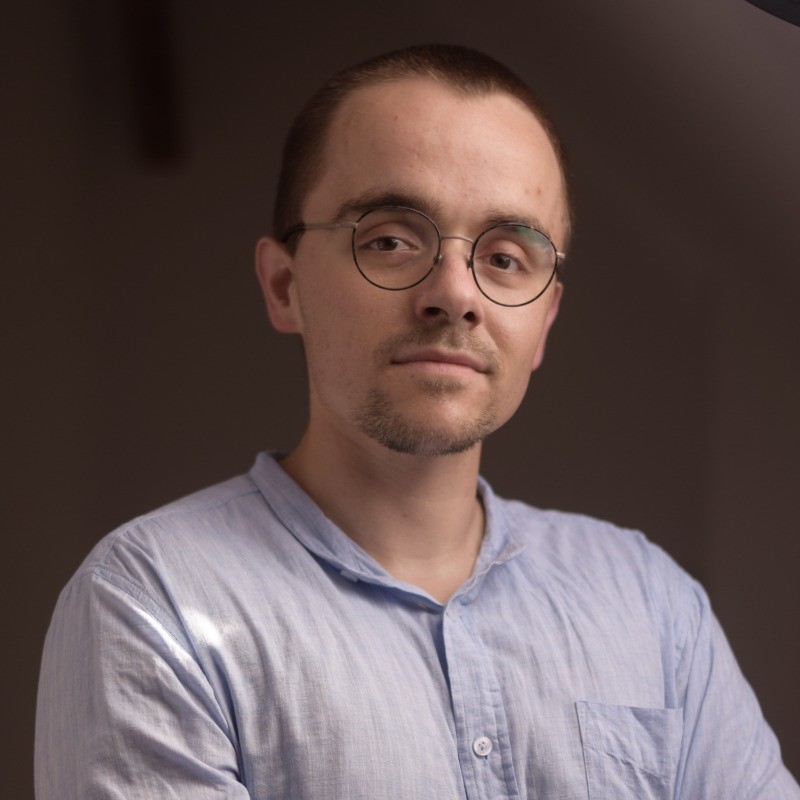
Jan Mizerka
Jan Mizerka holds a degree in Cognitive Science (from AMU) and currently works as a software engineer. His professional focus is on automating production processes within the offset printing industry. He has experience in brain research, particularly in EEG data analysis utilizing machine learning and artificial intelligence techniques. Jan possesses advanced proficiency in Python and SPSS, along with a foundational knowledge of R. His broader interests lie in the societal impact of artificial intelligence and its applications across various scientific disciplines.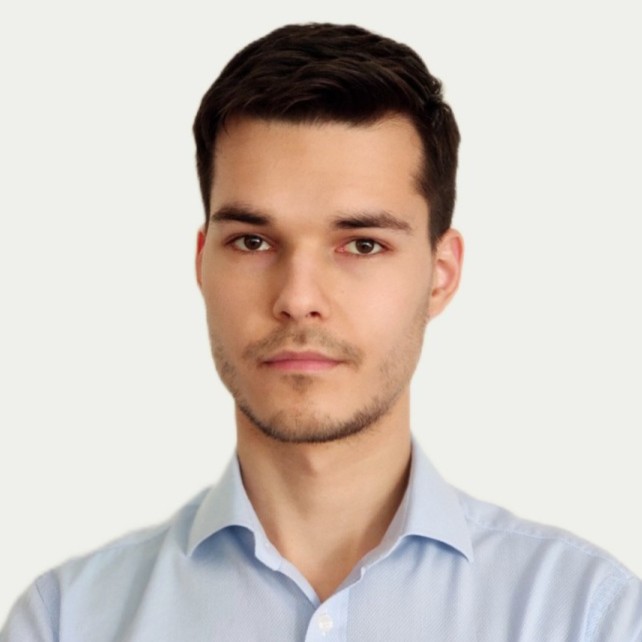
Mikołaj Wieczór
Mikołaj is a PhD Student at the Faculty of Psychology and Cognitive Science at Adam Mickiewicz University. His research focuses on how different learning techniques influence memory and recall. He teaches cognitive psychology and is a strong advocate for applying Signal Detection Theory in social contexts. Mikołaj is also a member of the Learning and Metacognition Experimental Lab (LaMELab). He has hands-on experience with SPSS and is familiar with the basics of R and Python.Participants

Audrey Nury
Audrey, is an analyst in wildlife crime and aspiring PhD candidate. She holds a Master’s in International Relations, and in International Criminal Law. She explores how law affects individuals in the wildlife trafficking supply chain, aiming to advance criminal analysis and deterrence through innovative research methods.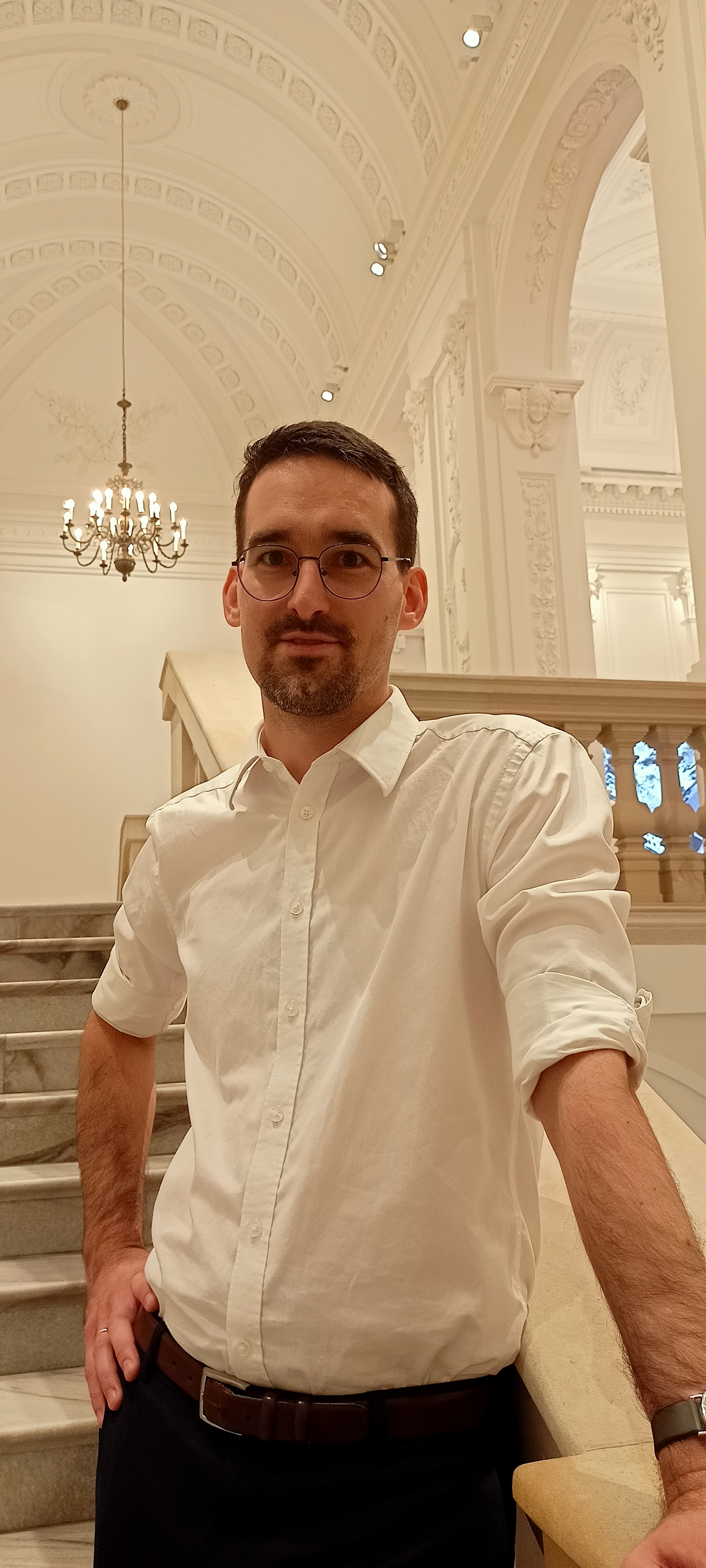
Piotr Alexandrowicz
Piotr Alexandrowicz is assistant professor at AMU and holds MA in law, theology and canon law. His research focuses on late medieval and early modern canon law and Roman law. His ERC Starting Grant ‘PetrIUS’ will apply the NLP techniques to the study early printed legal paratexts.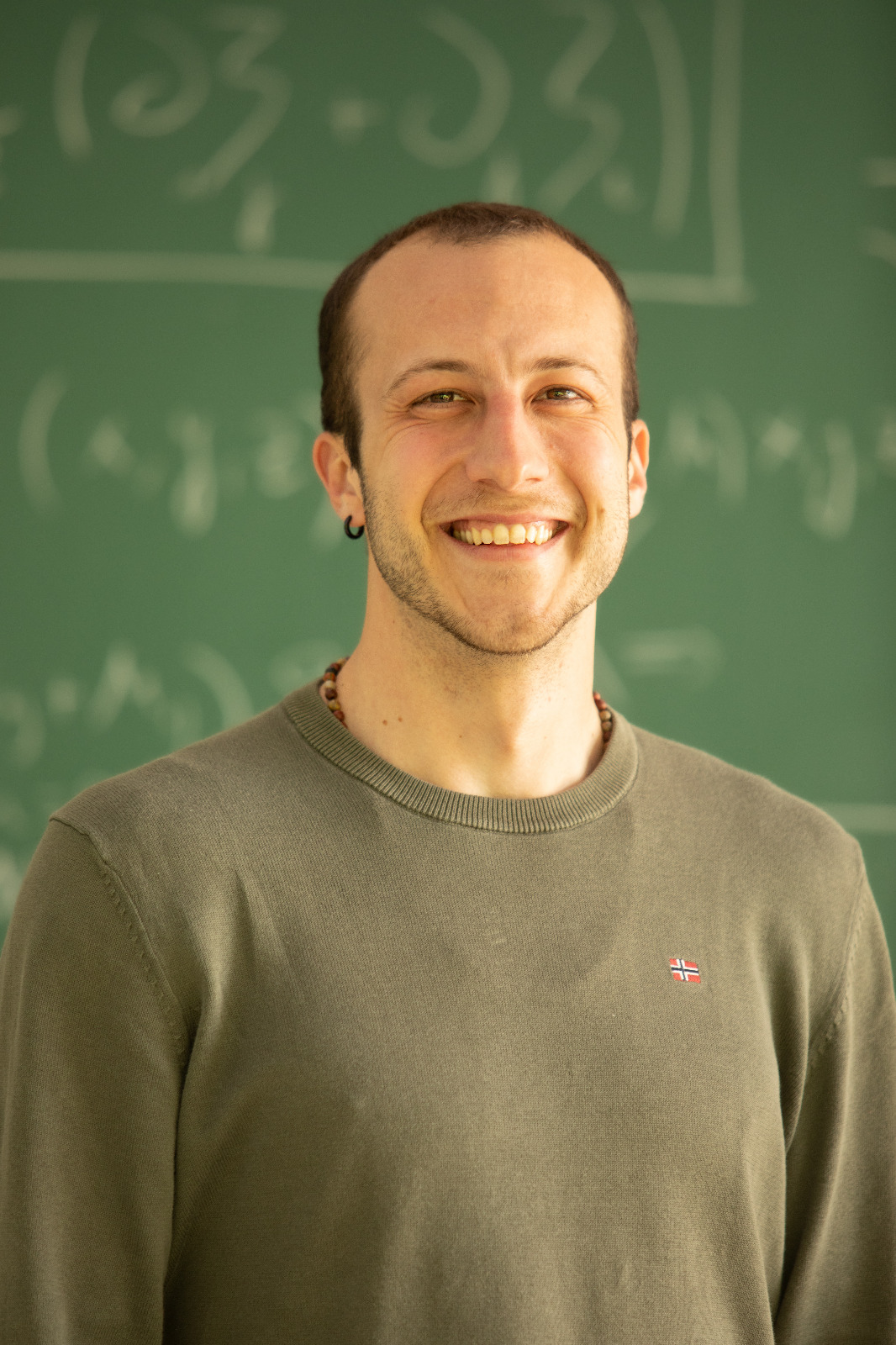
Paschalis Agapitos
PhD candidate in Computational Humanities at Donostia International Physics Center/University of the Basque Country. His main research interests focuses on Wikipedia-based cultural networks and the computational analysis of linguistic and historical literary data.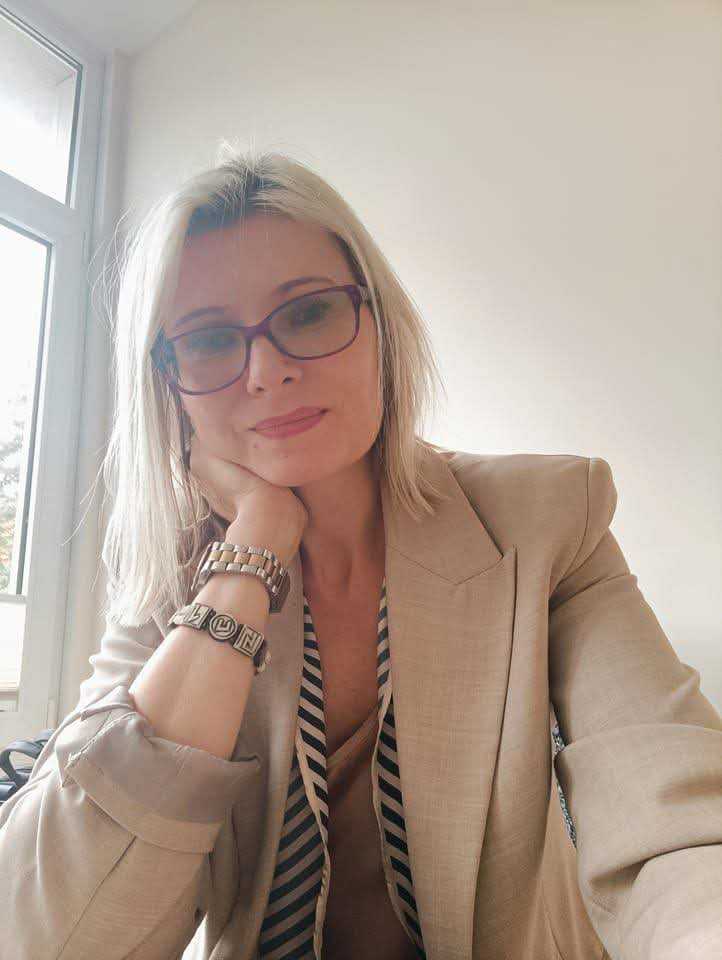
Ugnė Kundrotienė
Ugne Kundrotiene is the first year PhD student in Psychology at the Mykolas Romeris University, Lithuania. Her dissertation project focuses on the relationship between traumatic experiences, post-traumatic cognitions, social support and depressiveness in children (aged 10 to 17 years). She is also interested in developmental psychology, parent-child relationships. Beyond academia, Ugne Kundrotiene has over 10 years of experience in therapeutic practice with childs, adolescents and families.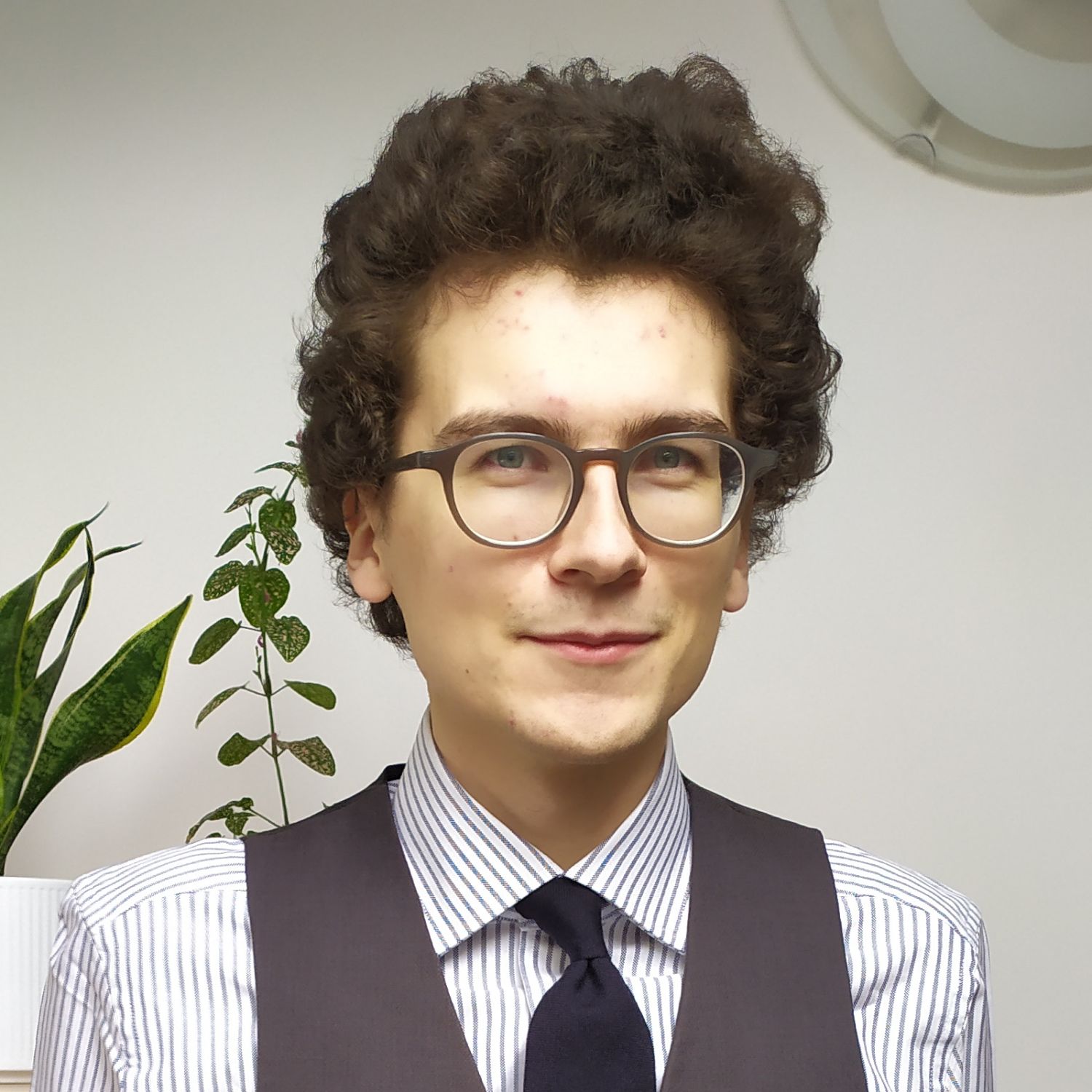
Tomasz Detlaf
Tomasz Detlaf is a research assistant in the ERC Abortion Figurations and the Competition in the Scientific Field projects at the University of Warsaw. His research combines discourse analysis with computational methods. He is a Master’s student in Digital Sociology and received bachelor’s degrees in Sociology and Philosophy.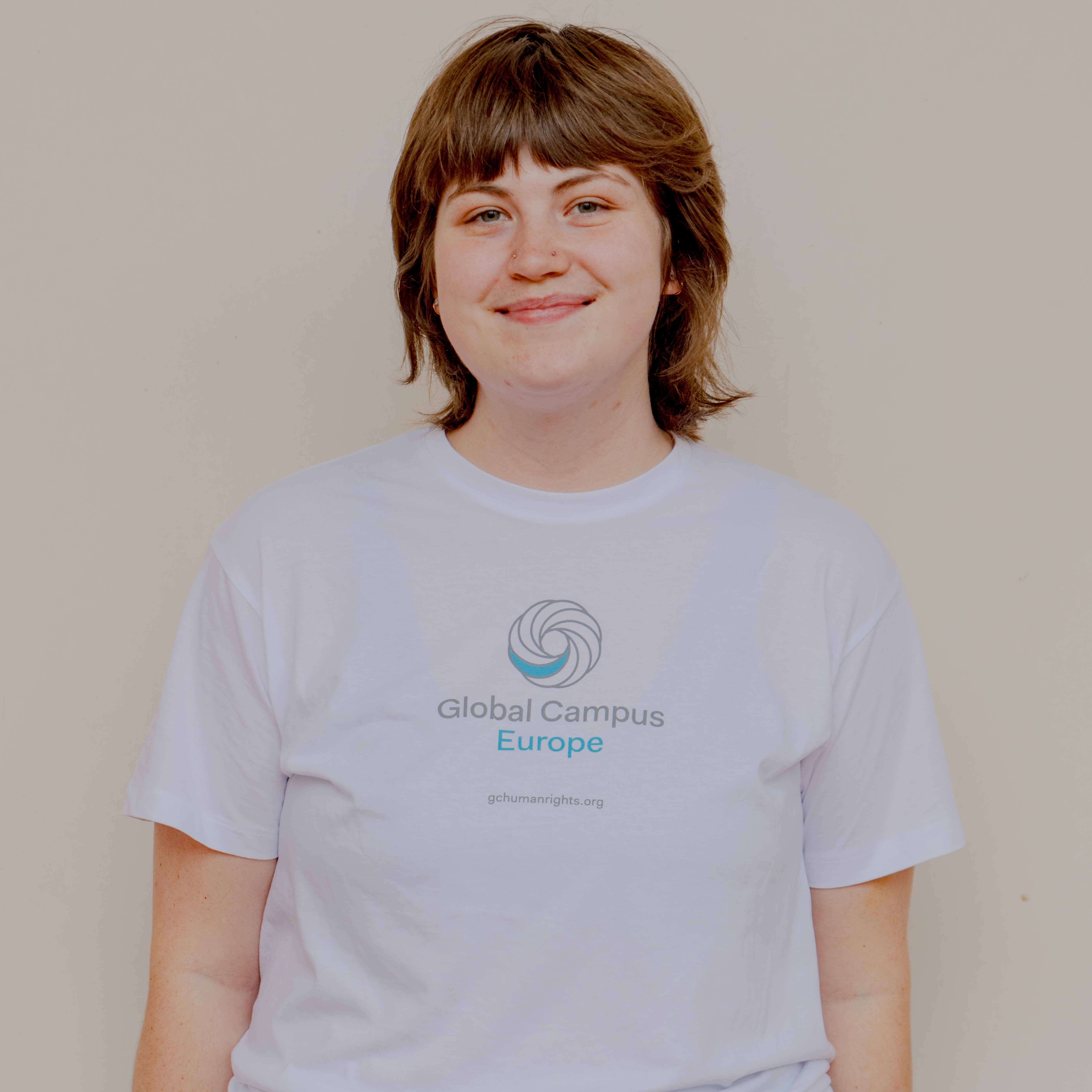
Lakin Breeden
Lakin Breeden is a Master's student in Human Rights and Democratization at the Global Campus of Human Rights in Venice, Italy. Her current research focuses on the contemporary effects of colonialism on LGBTQIA+ acceptance in the English-speaking Caribbean. She holds dual Bachelor degrees in Anthropology and Political Science from the University of Tennessee, Knoxville. Her interests include queer studies, judicial independence, and human rights advocacy.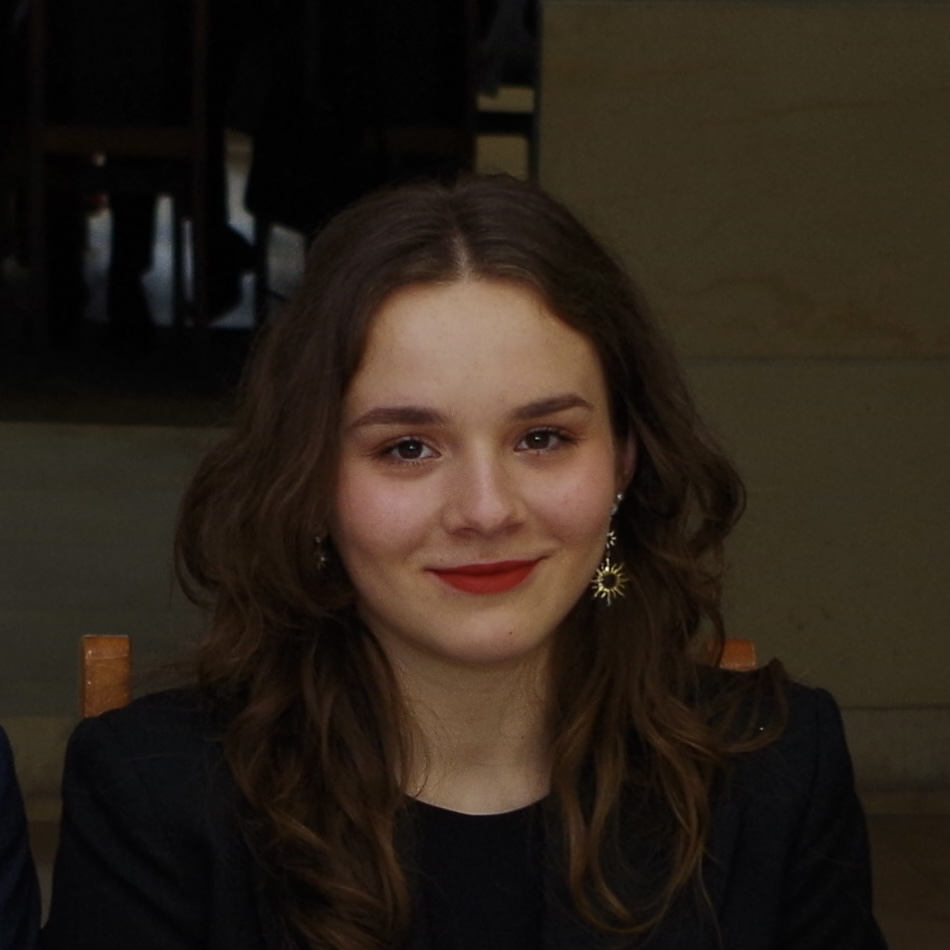
Monika Stanisławska
I am a law student at Adam Mickiewicz University with a strong interest in AI regulation. Focused on the impact of artificial intelligence on freedom of speech, the reliability of information, and the threats posed by deepfakes to personal rights and the protection of individual dignity in the digital public sphere.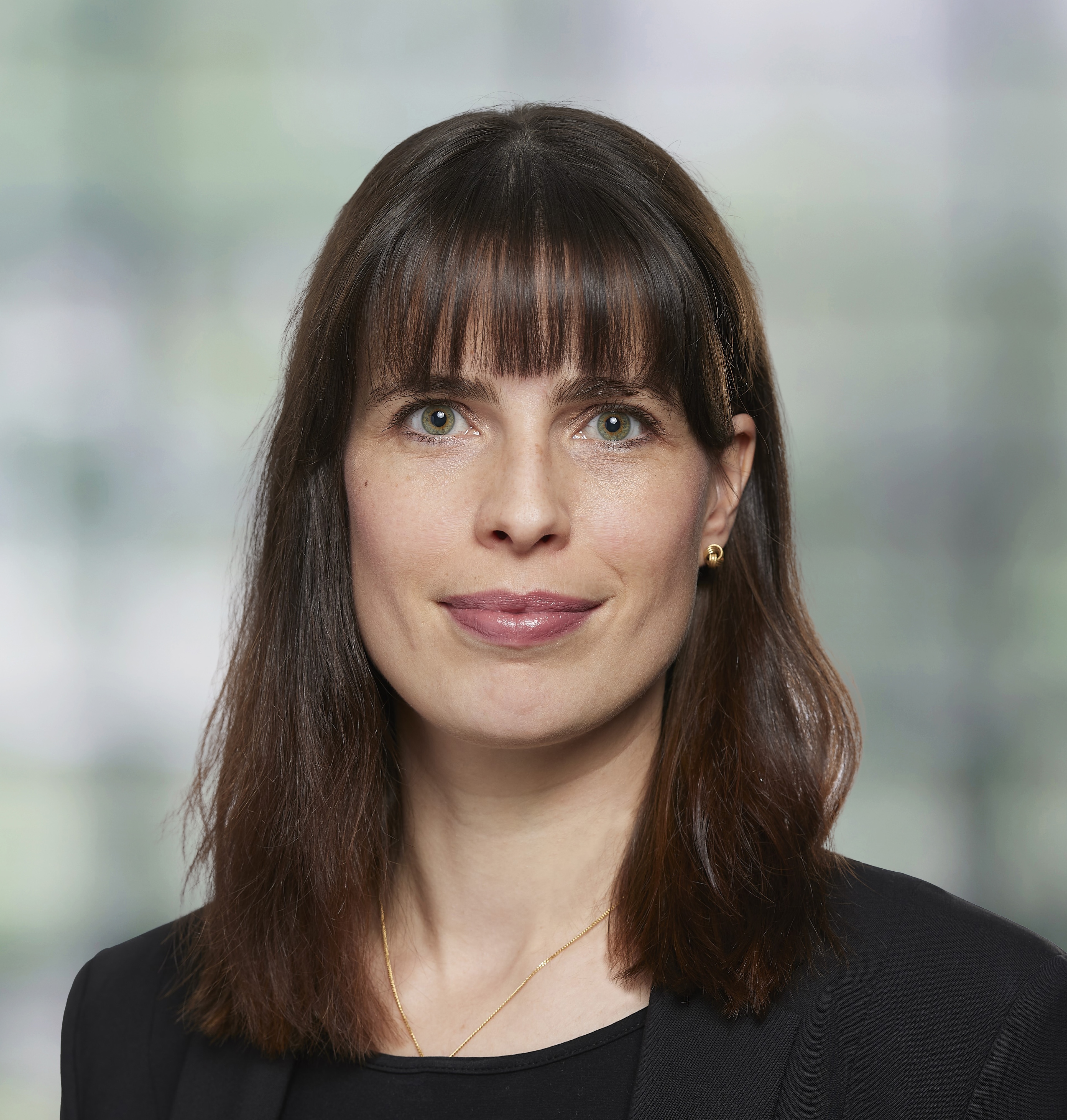
Désirée Klingler
Désirée Klingler is Assistant Professor of Public Law at the University of St. Gallen, Institute for Law and Economics. She conducts research in public law, applying law and economics and is interested in the interplay between efficiency and sustainability. Désirée aspires to extend her statistical knowledge with LLM and NLP techniques to study trade agreements and judicial efficiency.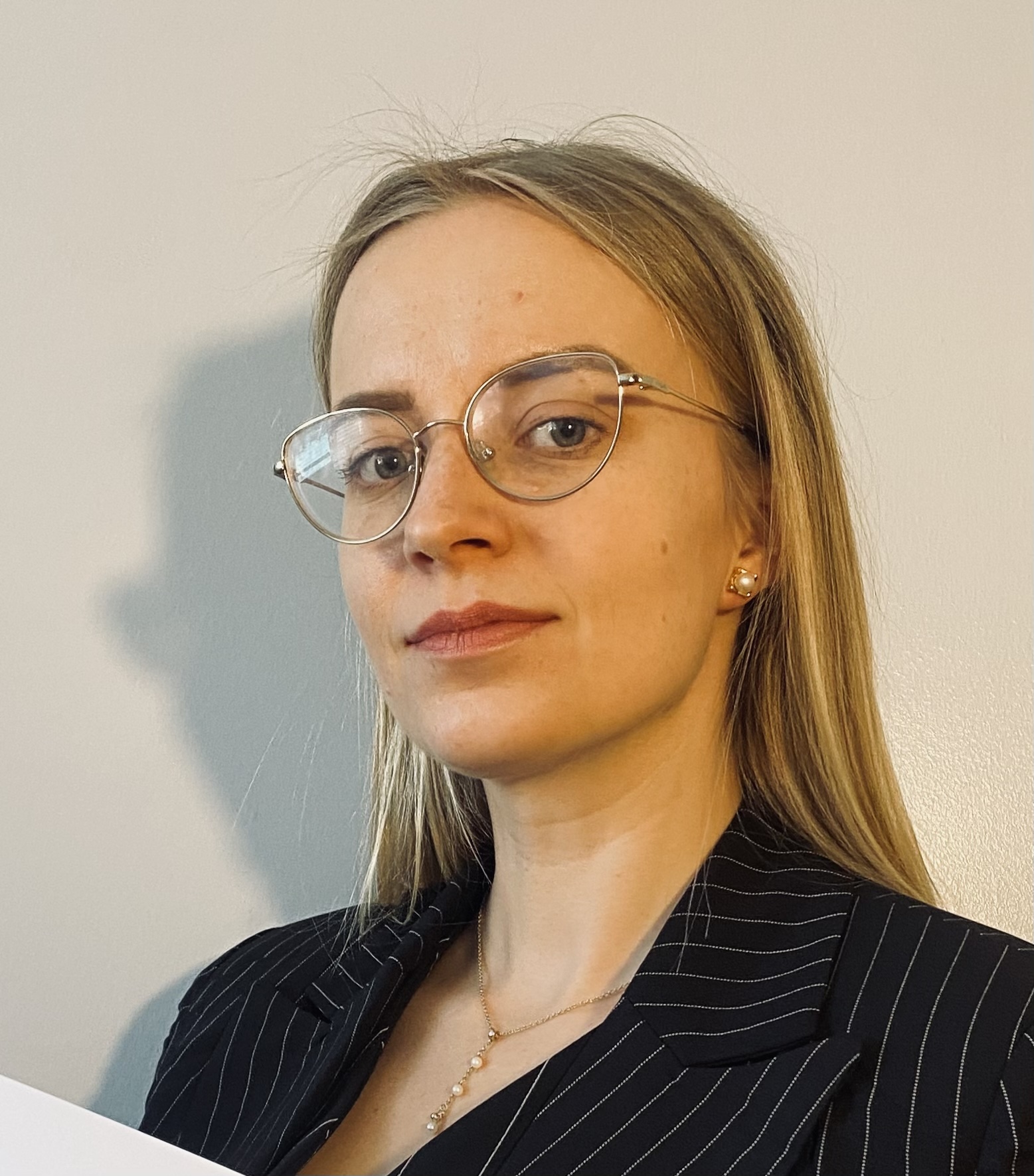
Aleksandra Kowalik
Aleksandra Kowalik is a law student and experienced Project Manager. She completed a one-year exchange at Appalachian State University (USA). Known for her drive, discipline, and collaborative leadership, she delivers results through action and influence. She believes true leadership means empowering others, not holding titles.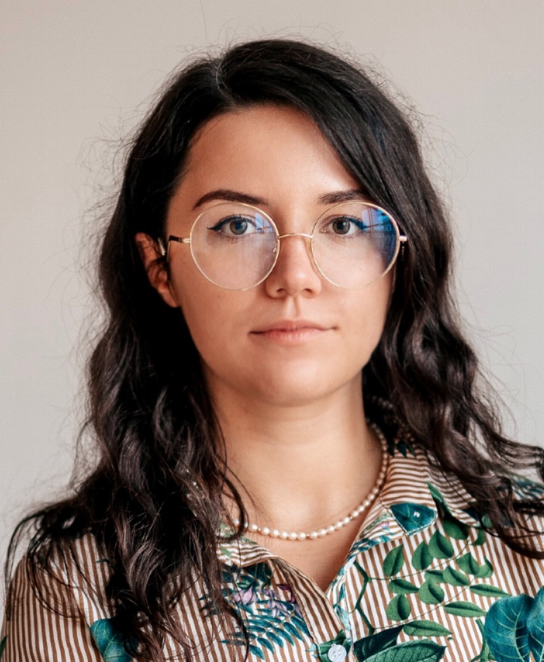
Kaja Heckert
Legal professional specializing in AI regulation and compliance, with academic credentials from KU Leuven and Adam Mickiewicz University. Author of publications on AI and criminal law, currently preparing research on AI in criminal proceedings and leading training sessions on AI governance for the Compliance Institute.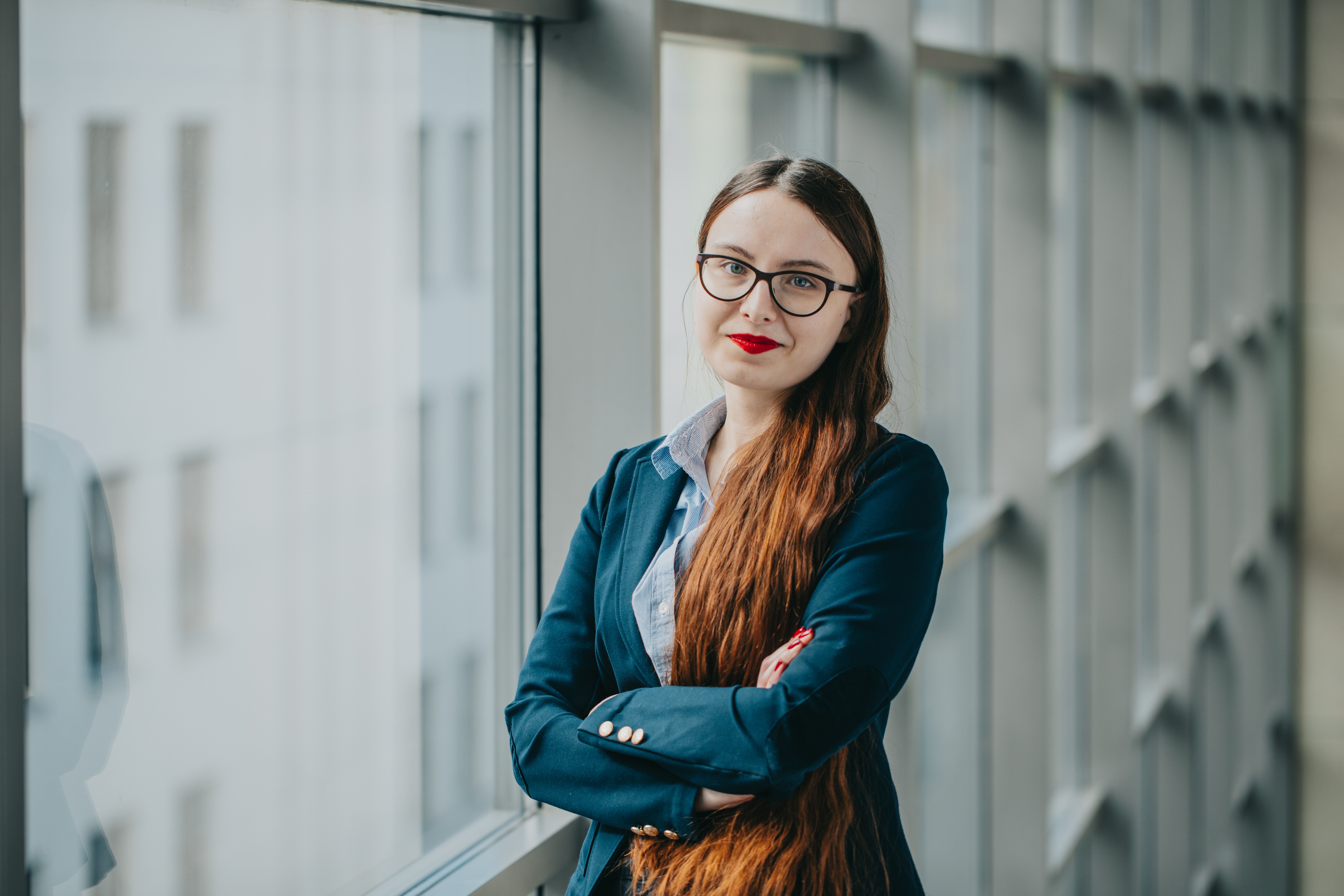
Michalina Marcia
Michalina Marcia is a Researcher at the Digital Justice Center (University of Wrocław, Poland). Her research focuses on the intersection of artificial intelligence and criminal proceedings. She recently defended her PhD thesis on the use of AI in criminal proceedings in light of the right of defence and currently leads the research project 'AI and Defence Rights – Friends or Foes?', funded by the Polish National Science Center.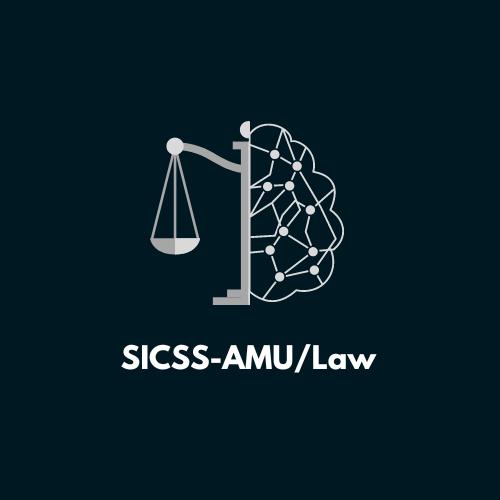
Milada Matoušková
Milada Matoušková is currently pursuing her master's degree in Law and a bachelor's degree with a double major in North European studies and General linguistics. Currently working on a project about the scientific approach to penology, generally deeply interested in the theory and philosophy of law.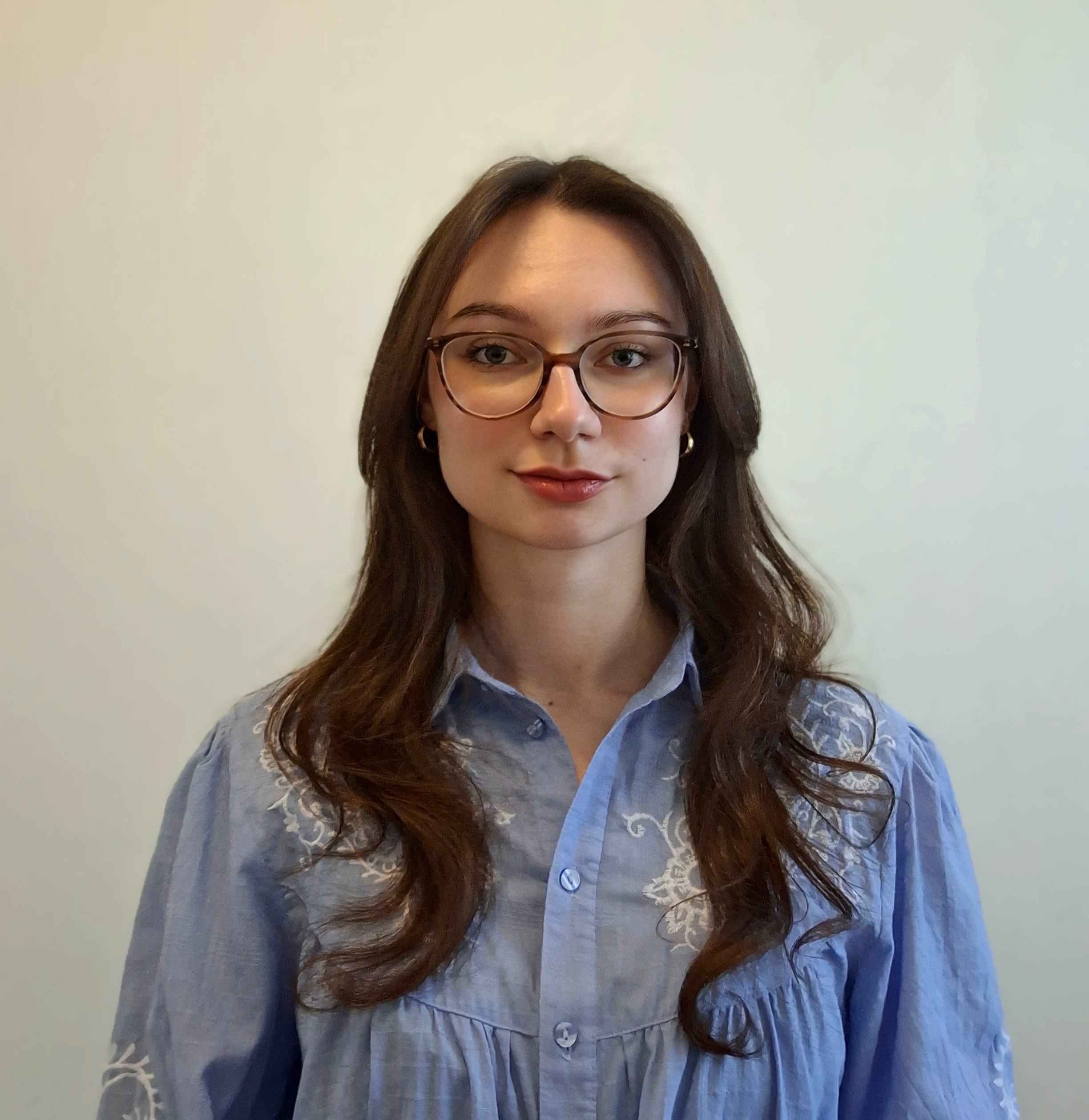
Martyna Czwojdzińska
I am a third-year law student at Adam Mickiewicz University with a strong interest in new technologies law and artificial intelligence. My research focuses on legal aspects of AI, data protection, and digital innovation, particularly in the context of EU regulations. I was a finalist in the 'Become Mrs. Ambassador' competition, which aimed to promote Polish innovation in Silicon Valley.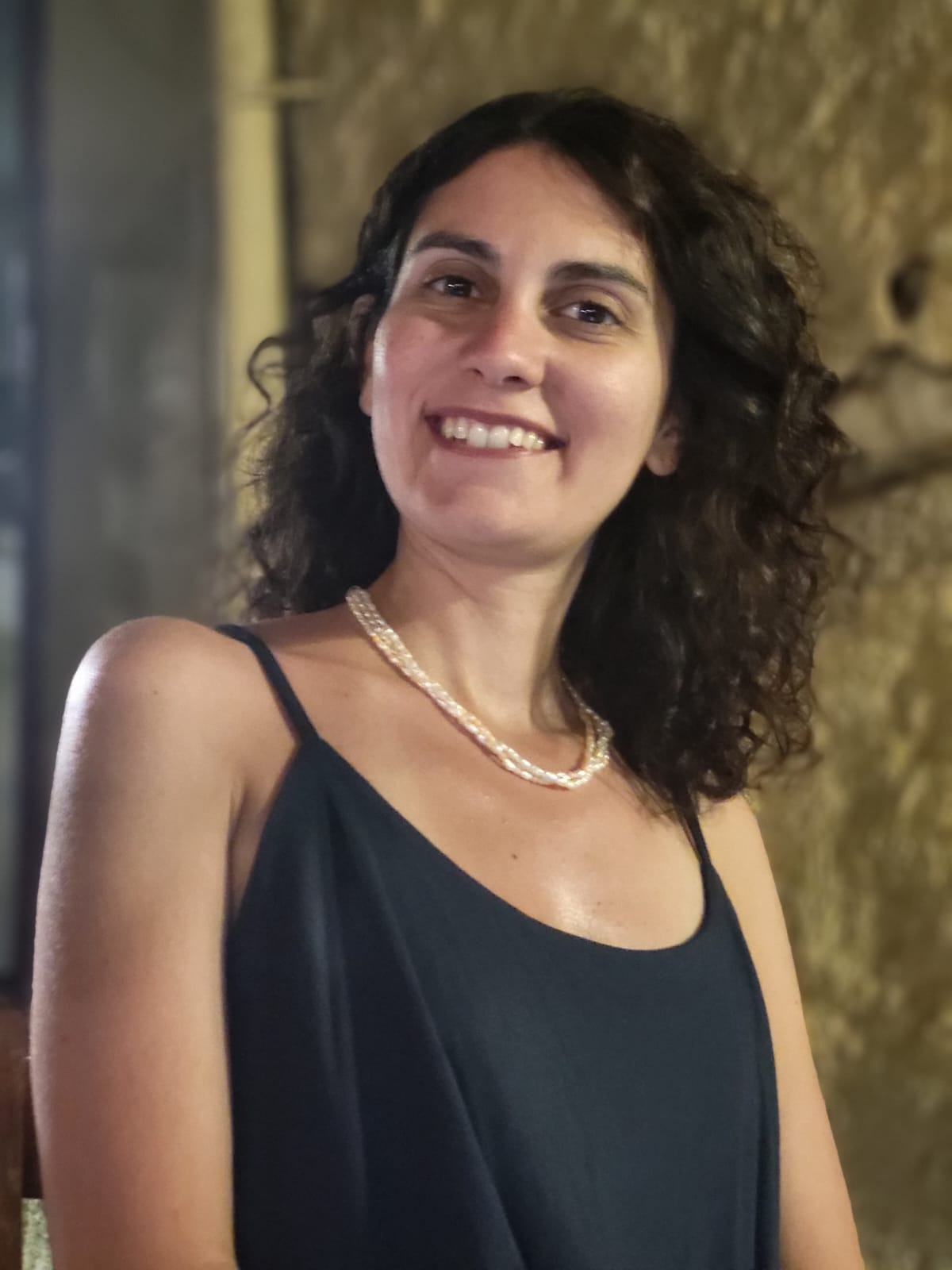
Georgia Pantazi
Georgia is a legal scholar focused on international law, human rights, and digital governance. She holds an LL.M. in Public International Law from Leiden University. Her current work explores data protection, AI governance, and the legal implications of algorithmic decision-making.